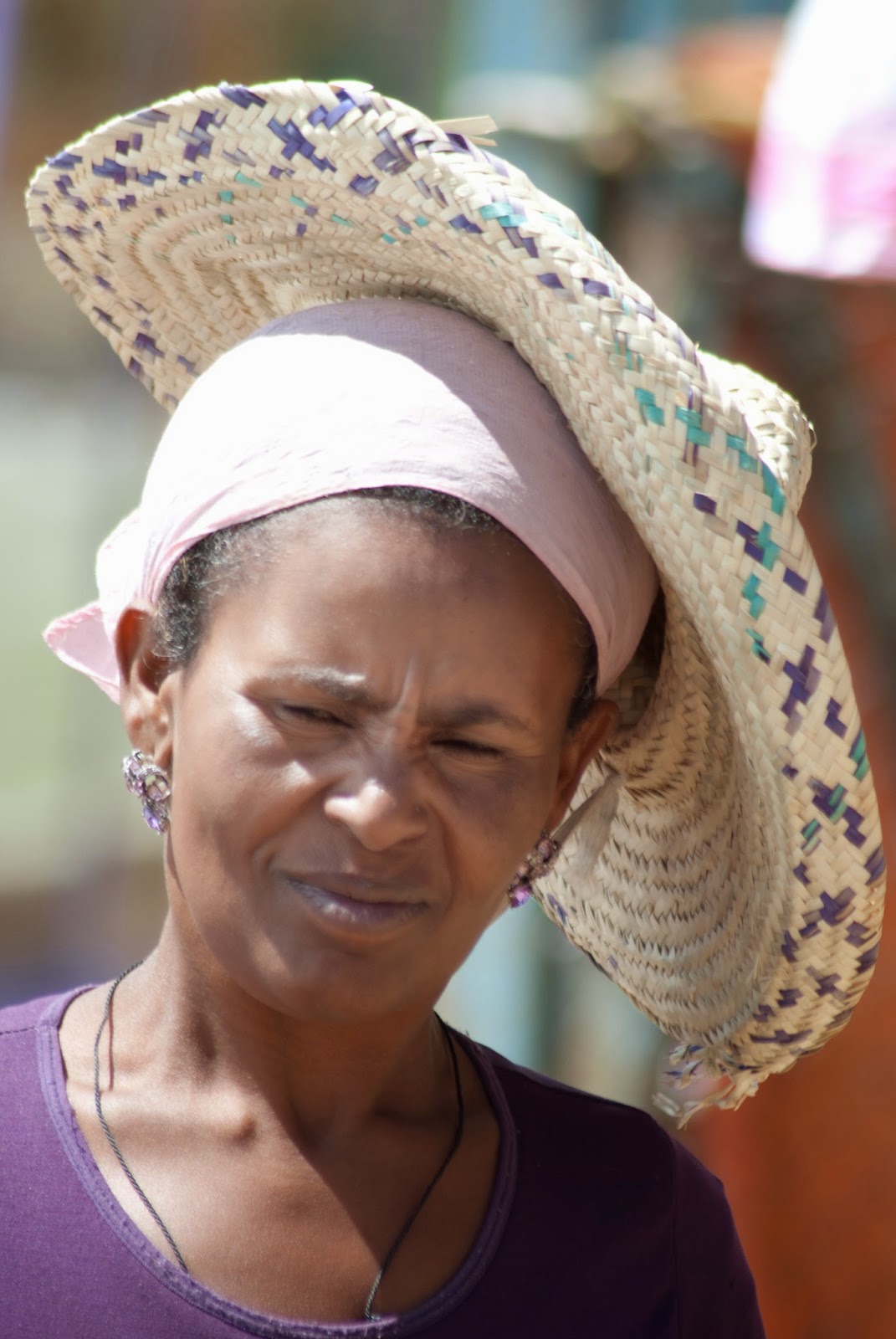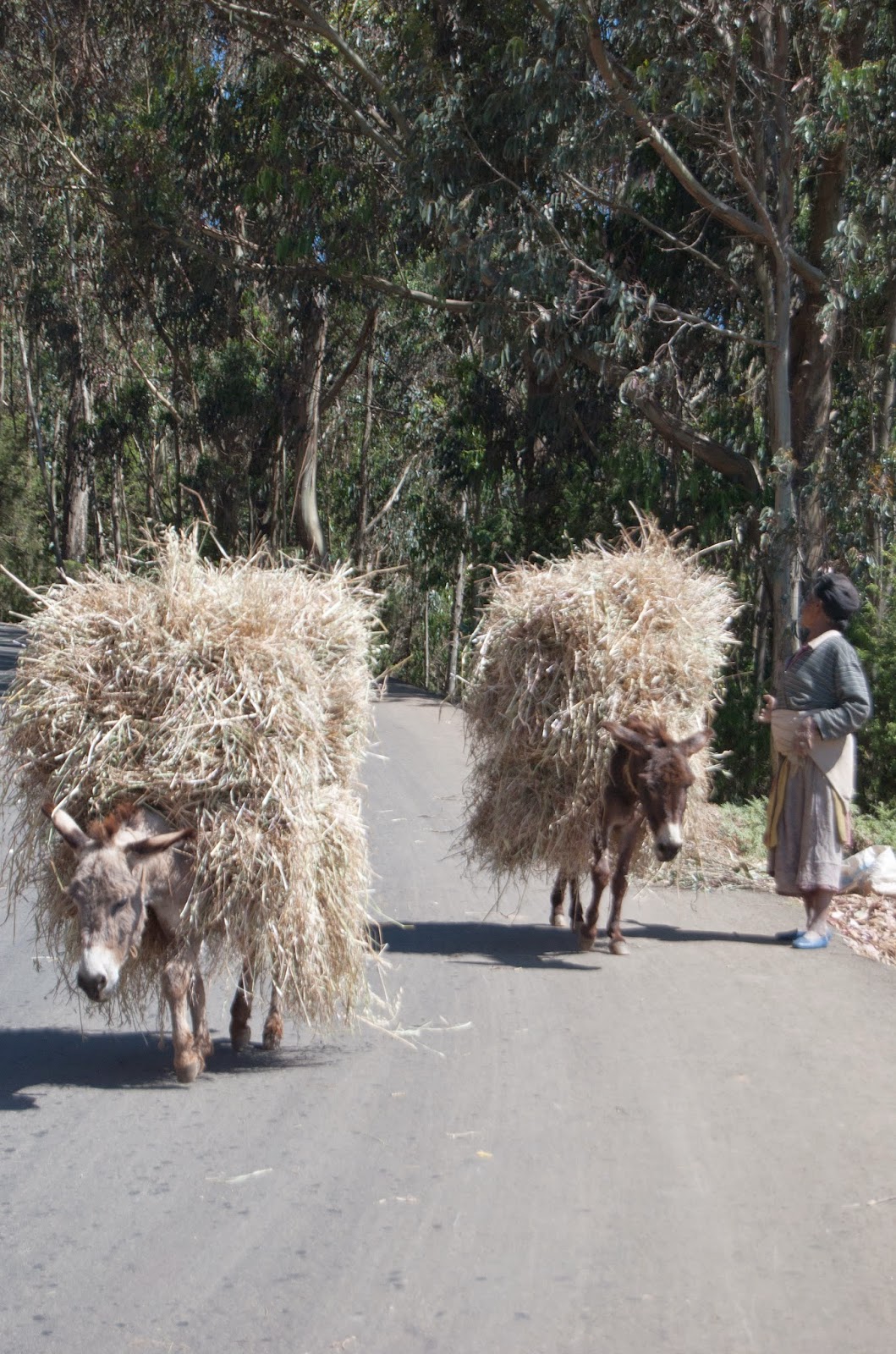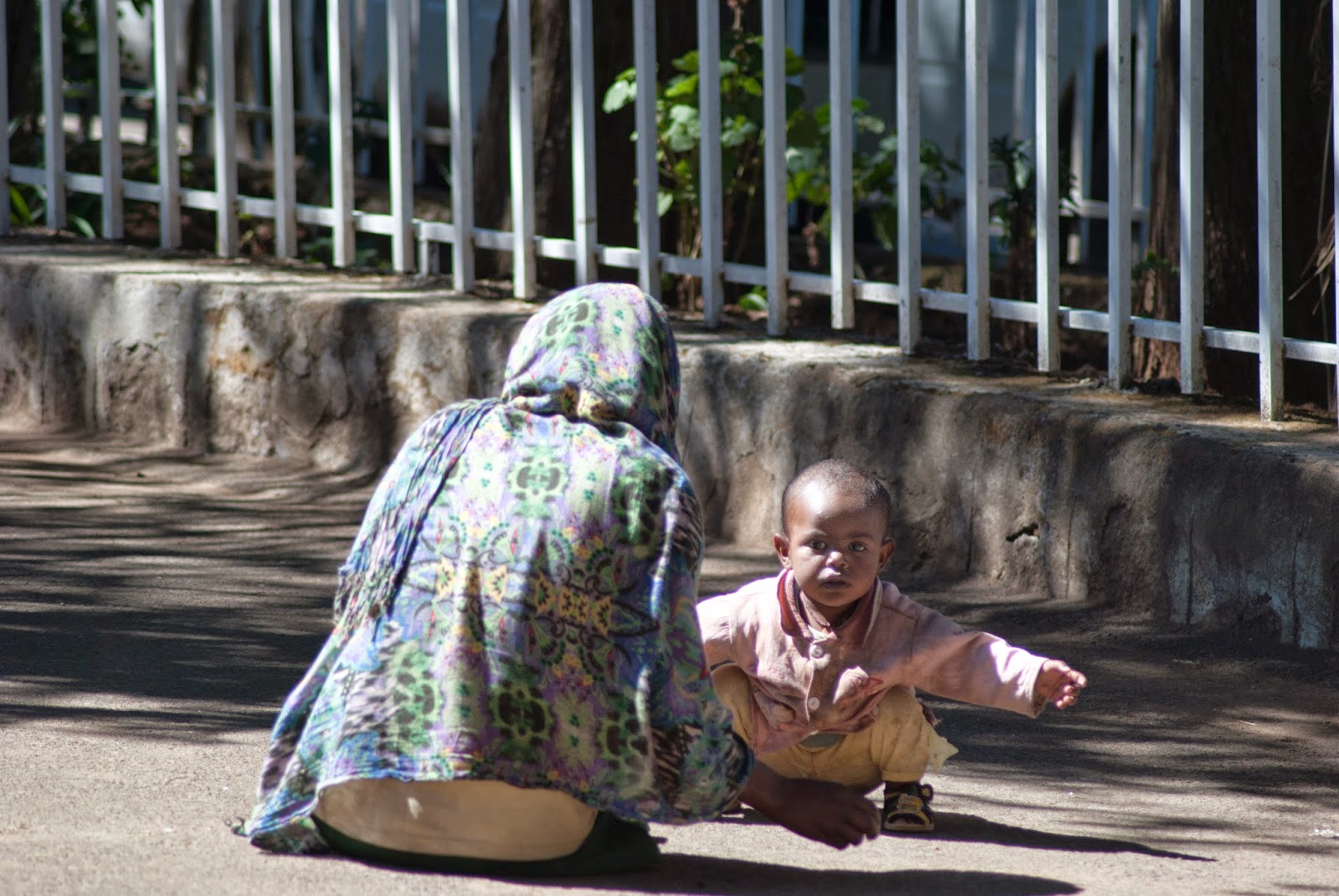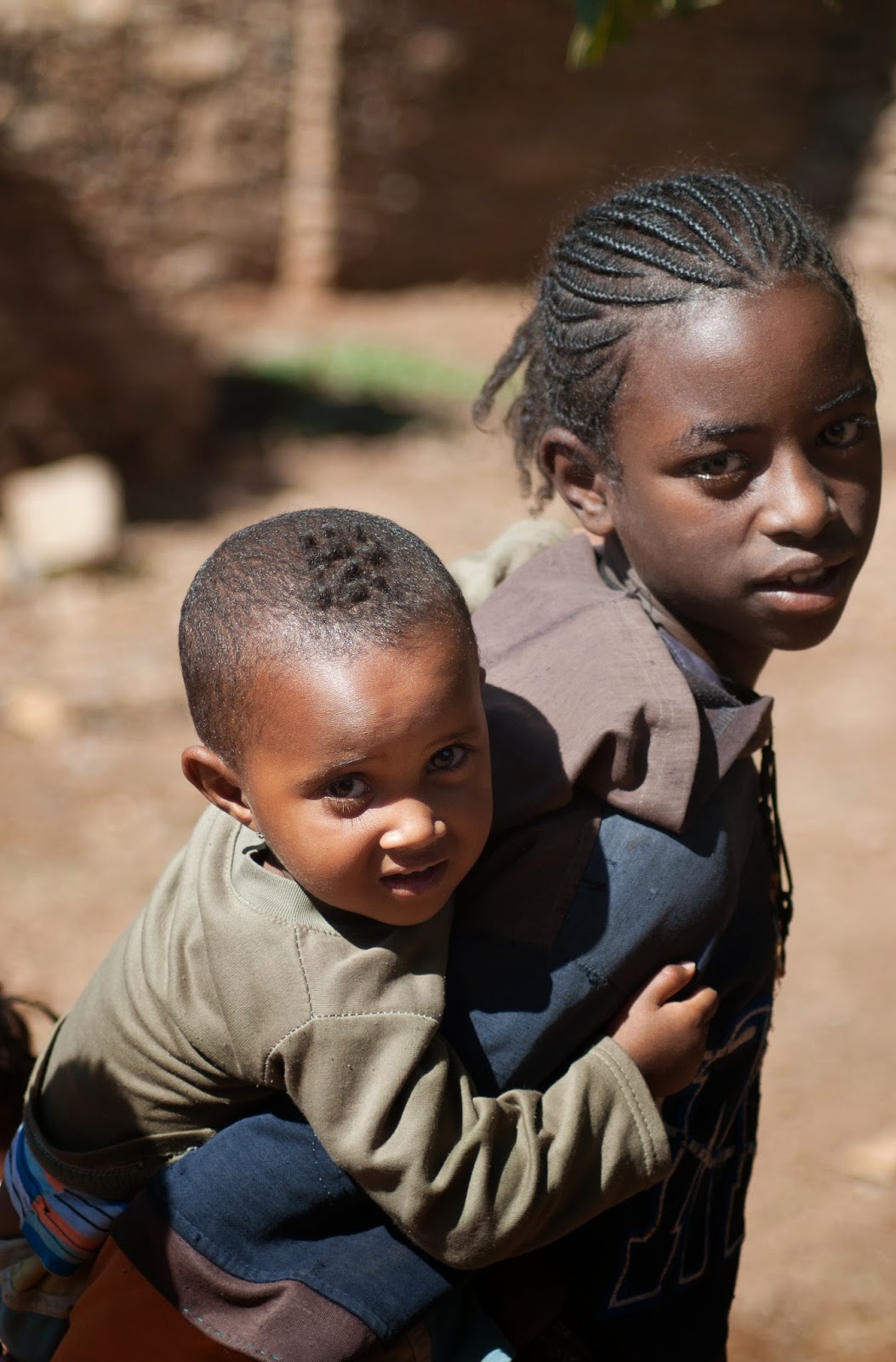Etioopia on üks rikkaima ajaloo - ja kultuuripärandiga riike. Siit on leitud 5,8 miljoni aasta vanuseid inimeste eellaste jäänuseid. Etioopia oli teine riik maailmas Armeenia järel, mis võttis vastu ristiusu. Ka on Etioopia üks väheseid maid, mis on praktiliselt puutumatud kolonealismist kui jätta välja II maailmasõja periood, kus riigi vallutasid itaallased. Seetõttu on etioopialastel õnnestunud luua ja ka säilitada ainulaadne kultuur, mis ei sarnane ühegi teisega ei Aafrikas ega üldse maailmas.
Eraldatus on riigile jätnud oma jälje.
Reis Etioopiasse on kui reis läbi aja. Kaasaegsetele linnadele lisanduvad sajandeid muutumatuna püsinud külad. Ärimees peatab siin oma vähem kui aasta vanuse auto, et lasta läbi tuhandeid aastaid muutumatuna püsinud rahvariietes karjust oma loomakarjaga.
Etioopia on täna veel väga vaene maa, hetkel maailma 20 vaesema riigi hulgas. Riik on aga viimase 5 aasta jooksul kiirelt arenenud ja see areng jatkub.
Rahvas on siin maal valdavalt naturaalmajanduslik, kaupa kas vahetatakse või väikeses koguses müüakse. Raha praktiliselt ei kasutatagi.
Ethiopia is one of the richest history - and the cultural heritage of nations. Here is found the 5.8 million year old human remains precursors. Ethiopia was the second country in the world after the Armenian, which adopted Christianity. Ethiopia is also one of the few countries that have been left virtually untouched by colonialism as a World War II period when the country was conquered by the Italians. Therefore, the Ethiopian managed to create and preserve their unique culture, which is unlike any other not in Africa and the world.
Isolation has left its mark on the country.
Trip to Ethiopia as a journey through time. Modern cities, villages that have remained unchanged for centuries added. Businessman might stop here his less than a year old car to let the shepherd in national clothes that has remained unchanged for thousands of years to cross the road with animals.
Ethiopia today is still a very poor country, currently among the world's 20 poorest countries. The state has, however, developed rapidly in the last 5 years and this trend will continue.
The people in this country are predominantly natural economy, by either exchanged or sold in small amounts. Money can not be used on virtually.
Galerii/Gallery:
 |
| tänavamüüjad /street vendors |
 |
| Ehitus/ bilding |
 |
traditsioonilistes riietes naine mobiiltelefoniga/
woman in traditional clothes with mobile phone |
 |
| Mungad/ monks |
 |
Restauraator/
restorer |
 |
Leiab ka tänaval magajaid/
You can find some who sleeps on the street
|
 |
Halbade vaimude väljaajamine/
Chase off evil spirits |
 |
Kiriku läheduses joogi-söögi jagamine/
Sharing drinks and food near the Church |
 |
Vilja puhastamine/
Grain Cleaning
|
 |
Pühakirja kirjutamine/
Scripture writing |
 |
| Keevitaja/ welder |





















































